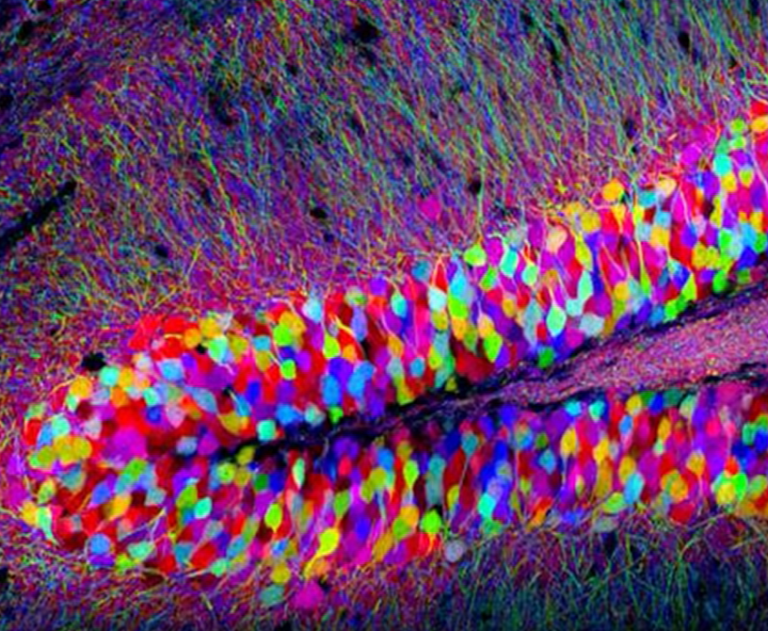Big data and fast computing have advanced both neuroscience and artificial intelligence. The use of machine learning to compute vast amounts of brain data allows researchers to start reading out the mind and to predict behavior. In turn, the enormous power and efficiency of brain computing and cognition can inform artificial intelligence. For visual recognition tasks, brain-inspired deep learning algorithms now achieve near human-like performance. The marriage of brain science and machine learning will make both more useful for improving people’s lives. Marvin Chun leads a cognitive neuroscience laboratory that uses brain imaging and machine learning to study how people see, attend, remember, and perform optimally. One line of work uses brain imaging to read out perceptions and thoughts. From brain scans, another project reveals and predicts what makes people different. He received his Ph.D. from MIT and his postdoctoral training at Harvard University. His research has been honored with several early-mid career awards, such as the Troland Research Award from the United States National Academy of Sciences, and the American Psychological Association Distinguished Scientific Award for an Early Career Contribution to Psychology. His undergraduate teaching of Introduction to Psychology, one of the largest classes in Yale College, has been recognized with both the Phi Beta Kappa William Clyde DeVane Medal for Distinguished Scholarship and Teaching, and the Lex Hixon ’63 Prize for Teaching Excellence. About 9,000 views and well worth the watch.
Important Note
Content Editors rate, curate and regularly update what we believe are the top 11% of all AI resource and good practice examples and is why our content is rated from 90% to 100%. Content rated less than 90% is excluded from this site. All inclusions are vetted by experienced professionals with graduate level data science degrees.
In the broadest sense, any inclusion of content on this site is not an endorsement or recommendation of any service, product or content that may be discussed, recommended, endorsed or affiliated with the content, company or spokesperson. We are a 501(c)3 nonprofit and receive no website advertising monies or direct or indirect compensation for any content or other information on any of our websites. For more information, visit our TOS.







